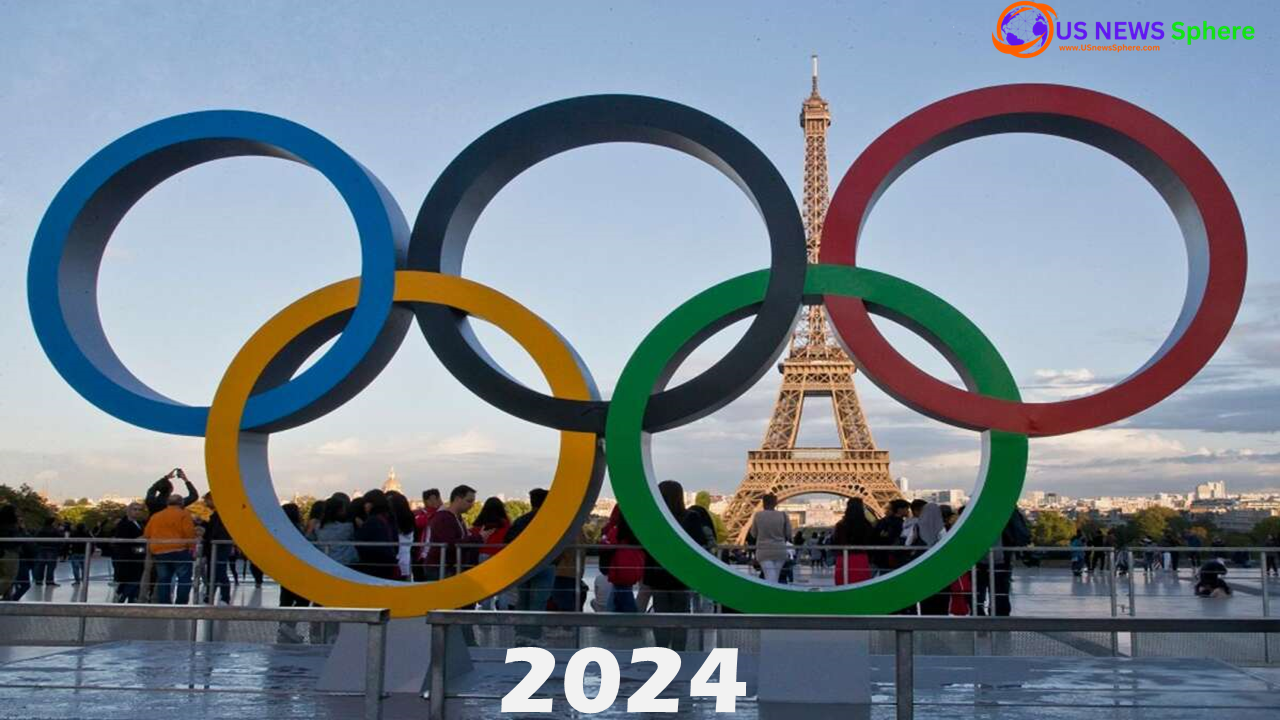As the anticipation for the Summer Olympics 2024 in Paris builds, the city is undergoing a significant transformation, bringing to light pressing ethical and humanitarian concerns. The focus of this blog post is the controversial relocation of the homeless population, particularly migrants and refugees, and the impact of this strategy on individuals and communities. Amidst the grandeur of the upcoming global event, we explore the dilemmas faced by the homeless, the response of NGOs and local officials, and the broader implications for social justice and human rights in the City of Lights.
Table of Contents

Homeless to be moved out of Paris before 2024 Olympics; nytimes
1. Paris Olympics 2024 Transformation and Homeless Relocation
As Paris prepares for the 2024 Summer Olympics, the city is undergoing significant changes. The relocation of the homeless population, particularly migrants, has sparked controversy. The government is moving homeless individuals to various parts of the country, raising concerns among NGOs, officials, and the affected individuals.
2. The Impact on Migrants and Refugees
Many migrants and refugees, like Obsa from Ethiopia, struggle to find permanent accommodation in Paris due to high rental costs and limited availability of affordable housing. The cancellation of emergency housing contracts by hotels in anticipation of the Olympics has exacerbated the situation, leaving thousands without shelter.
3. Insufficient Emergency Shelter Spots
The Ile-de-France region, home to Paris, hosts around half of France’s homeless population. With approximately 100,000 individuals seeking shelter nightly and a loss of hotel rooms, the availability of emergency shelter spots is insufficient, leading to a crisis of homelessness.
4. The Relocation Process and Regional Shelters
Since April, 1,800 homeless people have been moved to ten regional temporary shelters (SAS) across France. Each SAS can house up to 50 people for three weeks. However, NGOs express concerns about the effectiveness of this approach, as 25 to 30% of people end up back on the streets.
5. Lack of Consultation and Coordination
The government’s approach has been criticized for its lack of consultation with local officials and associations. Cities hosting a SAS claim they were not consulted and were informed at the last minute. The rush to address the situation in Paris has resulted in inadequate resources in other regions.
6. Ethical and Humanitarian Concerns
The relocation of homeless individuals raises ethical and humanitarian concerns. The government’s denial of any connection between the relocations and the Olympics, coupled with a lack of transparency, has fueled skepticism. A comprehensive and compassionate approach, involving all stakeholders, is essential for addressing homelessness in Paris and across France.
7. The Dilemma Faced by the Homeless
Individuals like Abdullatif from Afghanistan are faced with difficult decisions. The uncertainty surrounding housing and the lack of proper information about the relocation process create stress and anxiety. NGOs witness the challenges faced by those who decide to stay in Paris and those who depart to other regions.
Facing the 2024 Summer Olympics, Paris is at a crossroads, balancing urban transformation with ethical responsibility due to the escalating homelessness crisis. The relocation strategy, marked by a lack of transparency, has intensified the vulnerabilities of migrants and refugees, necessitating a comprehensive and empathetic approach. (USnewsSphere.com)
Ethical and humanitarian concerns are at the forefront, calling for a commitment to inclusivity, compassion, and social justice. The true victory for Paris will be measured not just by athletic achievements but by its ability to uphold human dignity and equality. The legacy of the Olympics should be a testament to our collective commitment to human rights, ensuring every individual has a place to call home.





